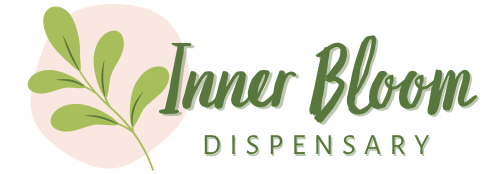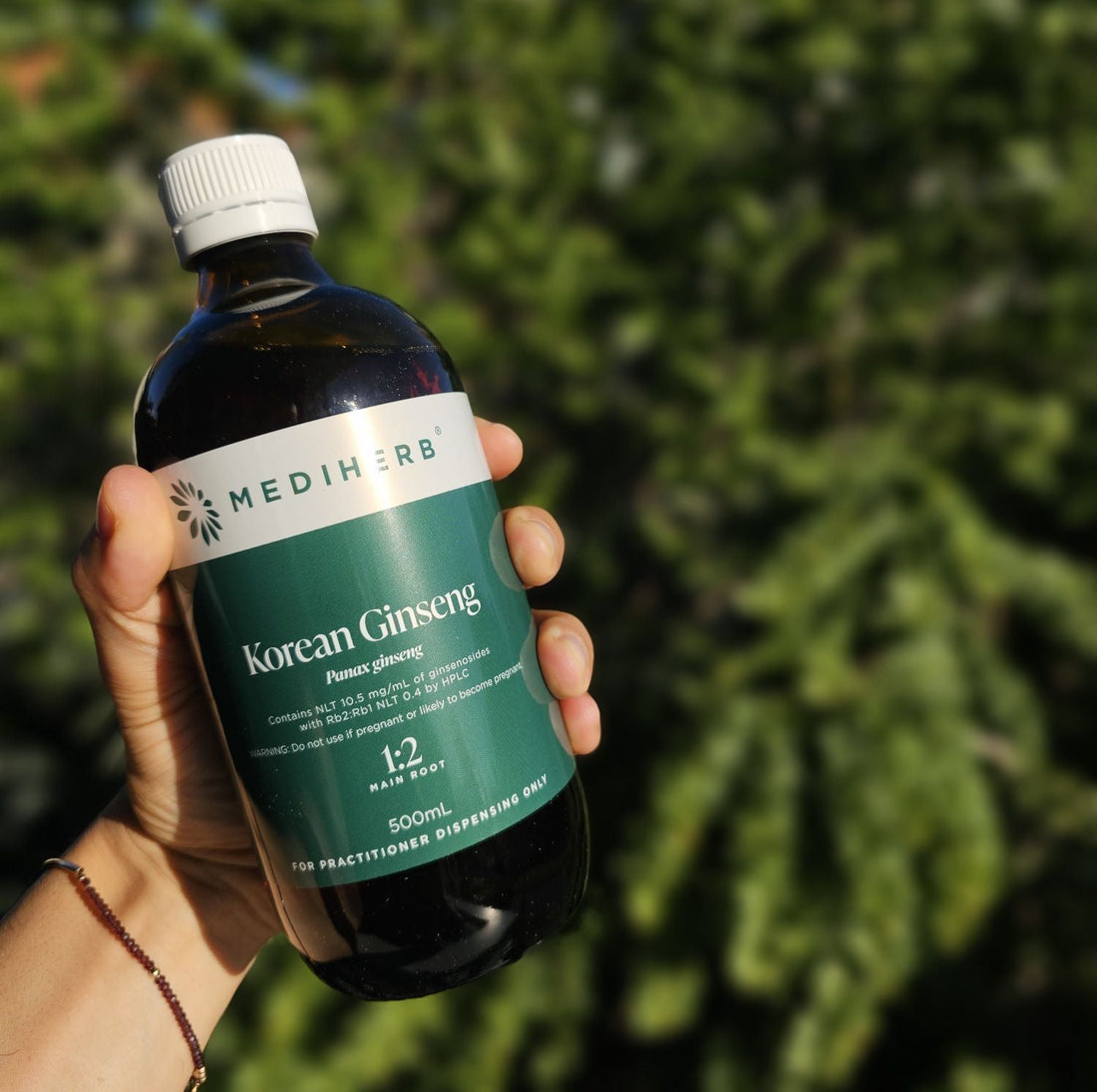In the world of herbal medicine, consistency matters. As practitioners, we aim to deliver the best possible therapeutic outcomes to our patients, and that means working with herbs we can rely on. You may have come across the term standardised extracts, particularly from brands like MediHerb and OptimalRx. But what exactly are standardised extracts, and how do they compare to other forms of herbal preparations?
Let’s take a closer look...
What Is a Standardised Extract?
A standardised extract is a herbal preparation that guarantees a minimum level of one or more key active constituents. This ensures that each batch of the herb delivers a consistent therapeutic dose, regardless of natural variations due to growing conditions, harvesting times, or processing methods.
You might have noticed the term NLT (or "Not Less Than") on bottle labels, technical sheets and product descriptions.
This is a standardisation term used in herbal medicine to specify that an extract contains at least a minimum amount of a particular active compound or marker compound.
For example, a product might say:
"Contains NLT 4.0 mg/mL of withanolides"
Meaning: the extract has at least 4.0 mg of withanolides per mL, possibly more, but never less.
How is it measured?
Companies use laboratory testing (HPLC, UV-VIS spectrophotometry, etc.) to quantify specific marker compounds. They sample each batch and confirm that the active constituents meet the NLT standard before the product is released.
Testing is typically conducted on the raw herb, and post-extraction (the final liquid).
Is it a good thing?
Yes, it’s generally a good thing, and here’s why:
Consistency: You know you're getting a reliable minimum dose of the key actives every time, even if raw material quality varies between seasons or suppliers.
Potency: It helps ensure therapeutic activity, especially critical for herbs where research is tied to certain constituents (e.g., withanolides, curcuminoids, echinacoside).
Quality Assurance: It shows the company has stringent quality control practices and is monitoring their products at a chemical level, not just organoleptically (taste/smell/look).
Does Standardisation mean it's not "full spectrum"?
It depends how the extract is made, but not necessarily.
Under the general definition, a standardised extract is highly targeted, and may result in other naturally occurring compounds being lost during extraction. Think of it like juicing oranges but only keeping the Vitamin C, you lose the fibre, flavonoids, and other natural components. This type of standardisation is more typical in isolated pharmaceutical-style extraction.
In contrast, naturopathic brands like MediHerb and OptimalRx could be referred to as standardised full-spectrum extracts, as they aim to retain the full array of phytochemicals that naturally occur in the herb, while still guaranteeing a minimum level of key actives (the NLT). It's like gently concentrating orange juice to boost the Vitamin C content, but still keeping the pulp, flavonoids, oils, and other natural goodies intact.
This approach is particularly important in naturopathic practice, where we recognise that a herb’s therapeutic effect often comes not just from one single molecule, but from the interaction of multiple constituents working together.
Does the Herbal Extract Co standardise their extracts?
No, the Herbal Extract Co does not typically standardise their herbal extracts in the same way that MediHerb or OptimalRx do.
Herbal Extract Co mainly produces traditional liquid herbal extracts (alcohol and water-based), focusing on full-plant spectrum rather than isolating or guaranteeing specific active constituents.
Their goal is to preserve the broad range of phytochemicals naturally present in the herb, aligning with a more traditional naturopathic philosophy of herbal medicine.
They don’t commonly label their products with an NLT marker or specify percentages of active constituents like flavonoids, saponins, or alkaloids.
Their quality focus is on freshness, ethically sourced material, organoleptic testing, and batch-to-batch consistency without altering the plant’s natural chemical balance.
In short:
Herbal Extract Co = traditional, full-spectrum, non-standardised.
MediHerb/OptimalRx = some herbs are standardised (but still aims to be as full-spectrum as possible).
Final Thoughts
Not all herbal extracts are created equal. Standardised full-spectrum extracts provide a beautiful balance: they respect the integrity of the plant, while offering the precision that modern clinical practice demands.
Next time you reach for a liquid herbal, take a second to consider if its standardised, by looking for the 'NLT'.
At the end of the day, our goal is simple; to offer the purest, most effective care possible. Choosing the right herbal preparations is an important part of that journey.

